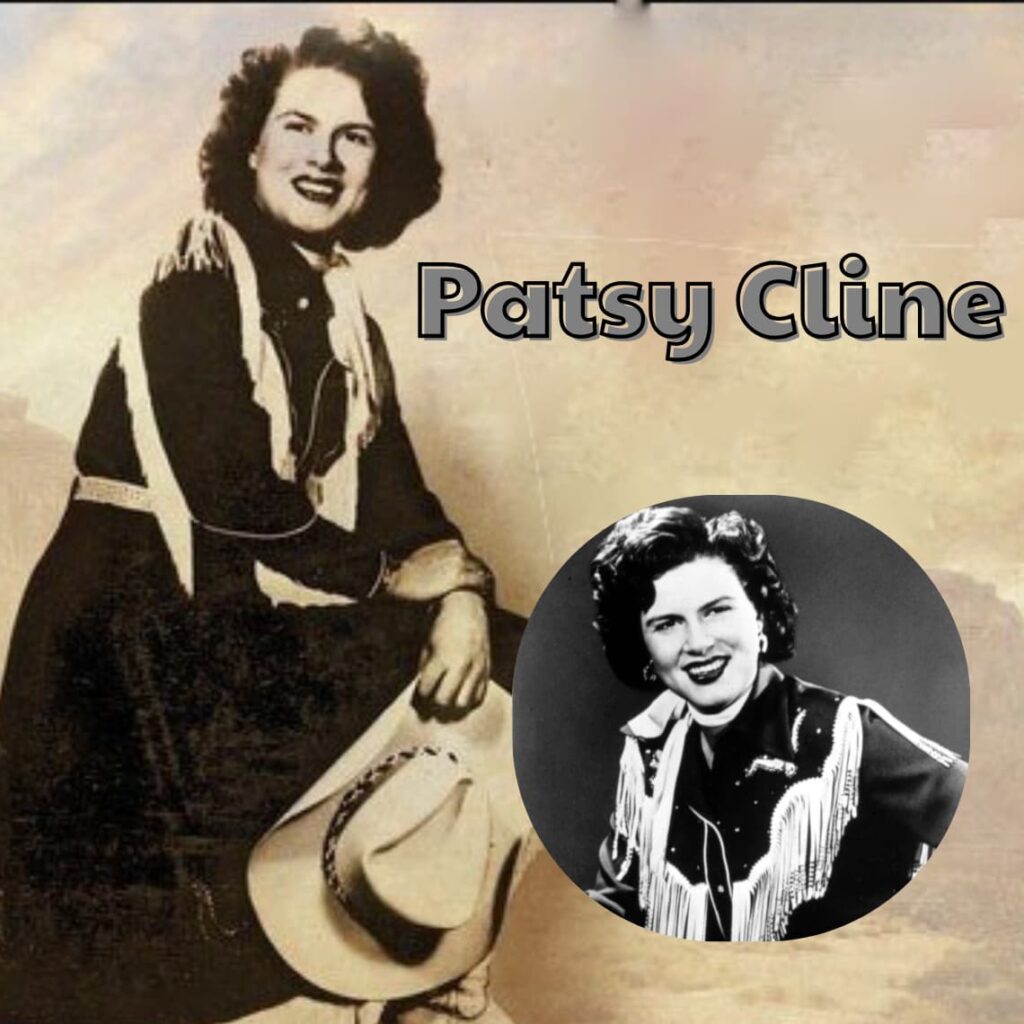
A Tempest of Emotion: Patsy Cline’s “The Wayward Wind” and the Echoes of a Wandering Heart
Ah, for those of us who remember the golden age of country music, certain melodies linger in the air like the scent of an old-fashioned rose garden – timeless, fragrant, and imbued with the bittersweet essence of days gone by. And among those cherished blooms, few shine as brightly, or with as poignant a glow, as Patsy Cline‘s evocative rendition of “The Wayward Wind.” This wasn’t merely a song; it was a whispered secret shared between the singer and her audience, a lament for paths not taken and the irresistible pull of the unknown.
While many might associate Patsy Cline with her later, more iconic ballads like “Crazy” or “I Fall to Pieces,” “The Wayward Wind” offers a fascinating glimpse into her earlier career and the burgeoning artistry that would soon make her a legend. Released in 1961 as a track on her album “Patsy Cline Showcase,” it showcased a versatility and emotional depth that was already setting her apart. Interestingly, while the song had already been a number one hit for Gogi Grant in 1956, and later a Top 10 country hit for Tex Ritter, Cline’s version, despite its undeniable quality and the growing strength of her star, did not achieve the same chart-topping success. It’s a curious footnote in her illustrious career, perhaps overshadowed by the colossal triumphs that would follow, yet for those who truly appreciate the breadth of her catalog, it remains a jewel. It reminds us that chart positions, while important in their moment, don’t always fully capture the enduring impact or artistic merit of a piece of music. Sometimes, the true resonance of a song is found in the quiet corners of our hearts, far from the bustling noise of the pop charts.
The story behind “The Wayward Wind” itself is as old as the human spirit: the yearning for freedom, the call of the open road, and the bittersweet ache of leaving love behind. Penned by Stan Lebowsky and Herb Newman, the lyrics paint a vivid picture of a wanderer, forever drawn by the “wayward wind” to new horizons, despite the ties that bind them. It’s a narrative that speaks to the restless soul in all of us, that part that wonders what lies beyond the next hill, or what adventures await if only we dared to follow the breeze. For Patsy Cline, a woman who navigated a world often unforgiving to strong, independent voices, this theme must have resonated deeply. Her own life, marked by triumphs and tribulations, by the constant travel of a burgeoning career, and by a fierce independence, mirrored the spirit of the song. You can almost hear her pouring her own experiences into every note, each phrase imbued with the unspoken understanding of a life lived somewhat on the move, always reaching for something just out of grasp.
The meaning of “The Wayward Wind” is multifaceted, allowing listeners to project their own experiences onto its timeless narrative. At its surface, it’s about physical travel and the inability to settle down. But delve a little deeper, and it becomes a metaphor for a deeper emotional restlessness, a spirit that cannot be contained by convention or expectation. It speaks to the bittersweet paradox of freedom – the joy of unencumbered movement coupled with the poignant sorrow of leaving loved ones in its wake. For many, especially those of us who have lived through different eras, the song evokes memories of a simpler time, perhaps when the world felt larger and the act of travel more significant, more an adventure than a mere commute. It might bring to mind youthful dreams of escaping the mundane, or perhaps the quiet reflection of a life well-lived, recognizing the various “winds” that have guided our own journeys, both literally and figuratively.
Patsy Cline’s vocal performance on “The Wayward Wind” is, as always, a masterclass in emotional delivery. Her voice, a rich tapestry of power and vulnerability, wraps around the melody like a warm embrace. There’s a subtle tremor in her delivery, a hint of unspoken longing that makes the song incredibly personal. She doesn’t just sing the words; she feels them, and in doing so, allows us to feel them too. It’s a performance that transcends mere technical skill, delving into the realm of true artistry, where every note carries the weight of a story untold. Listening to it now, through the filter of years and memories, it’s not just a song from 1961; it’s a doorway to a different time, a different feeling, and a powerful reminder of the enduring legacy of Patsy Cline, whose voice continues to stir the soul like the very wind she so beautifully sang about. It’s a song to be savored, to be felt, and to be remembered, much like the cherished memories it inevitably stirs within us.